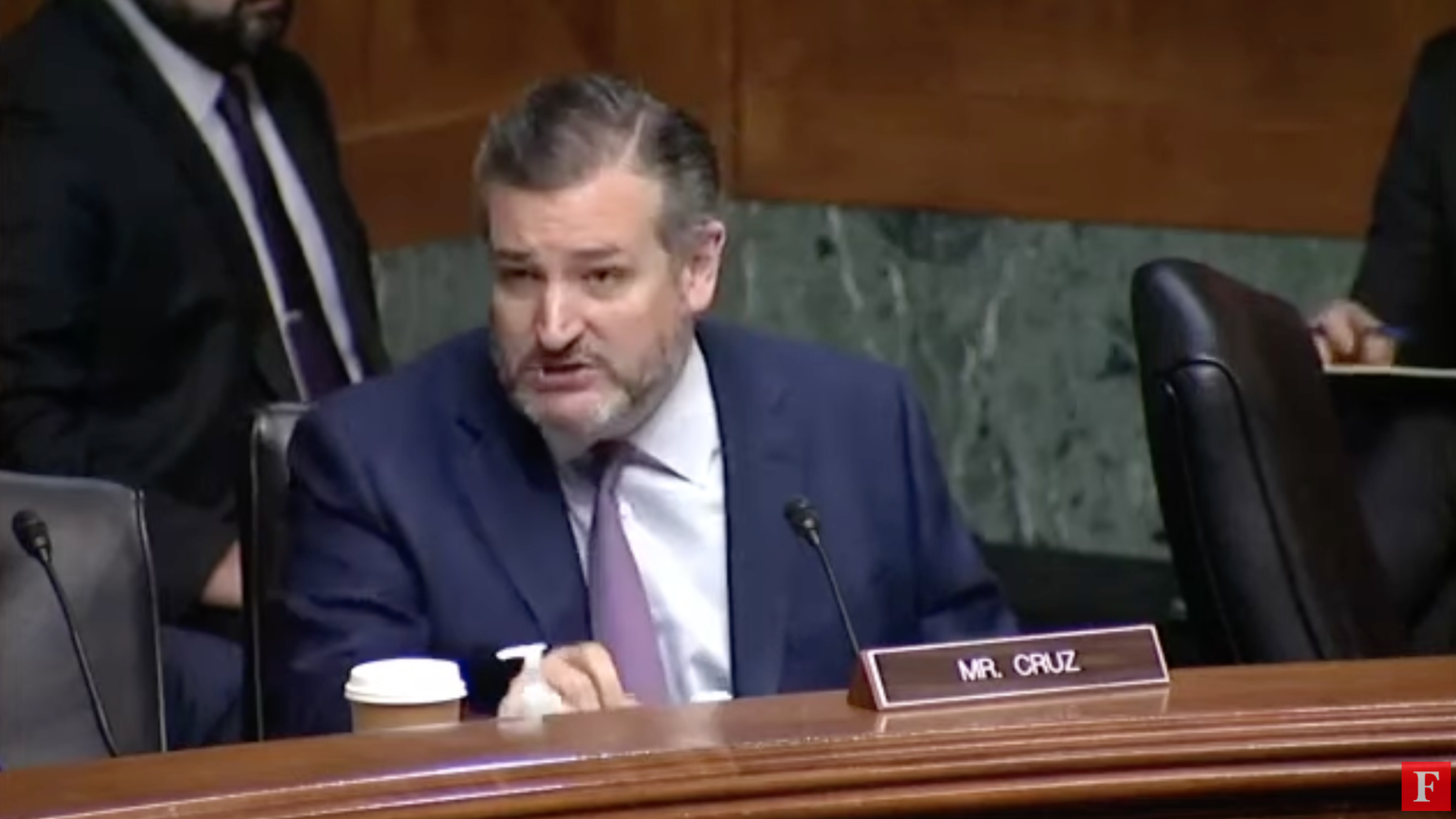On Wednesday, the Senate Judiciary Committee held confirmation hearings for four of President Joe Biden’s latest nominees: Evelyn Padin, Stephanie Davis, Robert Huie, and Arianna Freeman, a federal public defender in Pennsylvania who is now up for a seat on the Third Circuit Court of Appeals. Anyone could have easily missed the first three, however, as Republicans made Freeman their main target. Texas Senator Ted Cruz, Missouri Senator Josh Hawley, and Louisiana Senator John Kennedy took turns lambasting her for having the audacity to defend poor people accused of crimes, cherry-picking some of her clients’ most egregious-sounding charges in an attempt to shame her for her advocacy. Their implication, as always, was that some people in this country are disposable and simply don’t deserve representation at all.
Hawley questioned Freeman about her post-conviction representation of Terrence Williams, a man convicted of killing multiple people; ultimately, she proved due process violations that led to a judge vacating his death sentence. Hawley represented Freeman’s work to preserve Williams’s right to a fair trial as preventing “this individual who committed these heinous crimes from having justice served upon him.” Cruz, meanwhile, joined in to ask if Freeman’s office is composed of “zealots engaged in an obstructionist anti-death penalty agenda.” He also criticized her choice to pursue a career in public defense as a choice to “stand on the side of criminals.”
In response, Freeman explained that it was her duty to represent Williams, an indigent man with no other recourse, and noted that the U.S. Supreme Court and Pennsylvania state courts ultimately agreed with her arguments. Yet Cruz and Hawley refused to believe that people accused of crimes regularly suffer procedural unfairness in their trials; Hawley’s only conception of “justice,” apparently, is execution by the state.
Throughout, Cruz and Hawley and company also harangued Freeman over her office’s capital habeas work, despite the fact that she has directed her office’s non-capital habeas unit since 2014. The Republican lines of questioning contend a clear trend in recent judicial confirmation hearings: The GOP is committed to attacking any nominee who defends people accused of crimes, thereby preserving the status quo of a judiciary dominated by former prosecutors.
Perhaps the day’s silliest performance came from Cruz, though, who used Freeman’s confirmation hearing to argue that Biden’s appointment of former public defenders to the federal bench is part of a secret, nefarious scheme to abolish the police. “This is part of a three-prong strategy from the Democrats to abolish the police,” he said. “Putting prosecutors in place that don’t follow the law, and putting judges in place who don’t follow the law.” This allegation came less than 24 hours, as Cruz was forced to acknowledge, after Biden earned applause at his State of the Union address for voicing his support for law enforcement.
Clip via YouTube
In reality, Freeman has won support from people across the ideological spectrum, and from lawyers at both counsels’ tables. Last month, a group of former prosecutors who previously worked across from Freeman wrote to enthusiastically endorse her nomination. “Arianna’s background—including her deep-rooted perspective on the importance of impartiality in our criminal justice system—will add a needed perspective to the bench,” they wrote. Senate Judiciary Committee Chair Dick Durbin mentioned her representation of Anthony Velasquez, whose state court conviction she successfully challenged. Durbin noted that two of the federal appeals court judges who decided the case are Republican appointees who offered “specific praise for [her] advocacy.”
Durbin, noting that certain committee members have expressed doubt about whether public defenders should serve as judges at all, attempted to clear the air at the start of the hearing, asking Freeman whether her experience would “bring bias to the role of Circuit Court judge.” Freeman, as you would expect, differentiated the roles of judge and advocate, and responded that she would apply the law fairly and neutrally if confirmed. This was not enough for Republicans, though, who refused to let go of the notion that public defenders are lawless individuals incapable of judicial service.
The state of the debate during Wednesday’s proceedings is likely a preview of what Judge Ketanji Brown Jackson, a former public defender and Biden’s Supreme Court nominee, will face during her confirmation hearings later this month. Already, Republicans have started spinning and criticizing Jackson’s record as an advocate. There’s little reason to expect less of this cynical fearmongering from the likes of Cruz going forward, because this cynical fearmongering appears to be all they’ve got.


